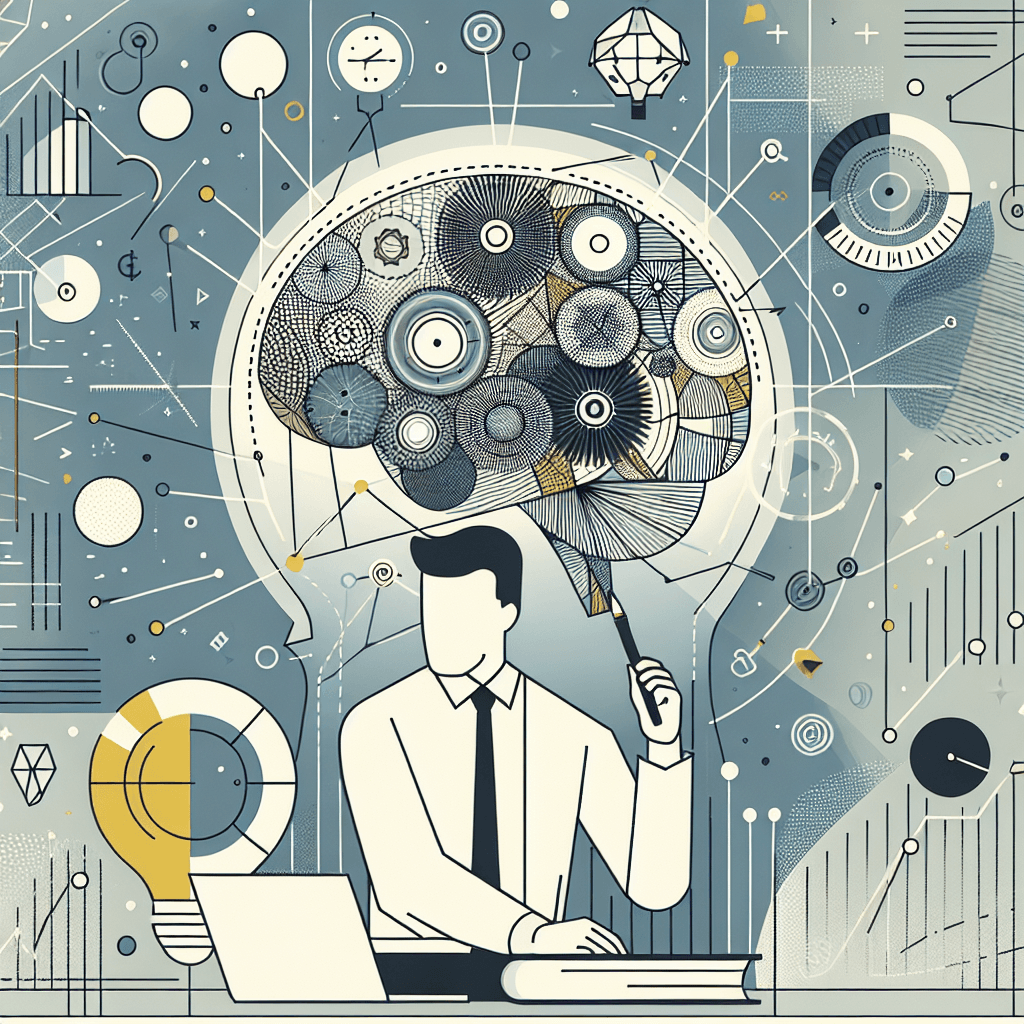Curiosity Unleashed: Embracing Intellectual Wellbeing for Lasting Fulfillment

Nurturing Minds: Cultivating Intellectual Wellbeing for a Fulfilling Life
The first time I realized the profound impact of intellectual wellbeing was during a challenging period in my life when burnout threatened to consume my passion and creativity. My mind felt like a dusty library, with shelves of untapped potential gathering cobwebs of stagnation.
The Awakening of Curiosity
Intellectual wellbeing isn't just about accumulating knowledge; it's about creating a vibrant, dynamic relationship with learning. I discovered that true intellectual growth is less about academic achievements and more about maintaining a sense of wonder and continuous exploration.
Personal Transformation Strategies
My journey taught me several powerful approaches to nurturing intellectual wellbeing:
-
Embrace Continuous Learning
- Read diverse materials across different genres
- Take online courses in unfamiliar subjects
- Attend workshops and seminars outside your comfort zone
Challenge Your Mental Boundaries
- Engage in debates and discussions
- Practice critical thinking
- Question your existing beliefs and perspectives
The Power of Curiosity-Driven Exploration
I remember a pivotal moment when I decided to learn a completely unrelated skill - pottery. This unexpected creative pursuit not only sparked new neural connections but also reignited my passion for learning. It wasn't about mastering the craft, but about embracing the process of discovery.
Practical Approaches to Intellectual Wellbeing
Mindful Learning Techniques
- Practice active reading
- Keep a reflection journal
- Develop a growth mindset
- Engage in reflective thinking
Breaking Intellectual Stagnation
Intellectual wellbeing requires deliberate practice. It's about creating mental habits that promote:
- Flexibility of thought
- Openness to new experiences
- Continuous personal development
- Intellectual humility
Overcoming Mental Barriers
Many people fear intellectual exploration, believing they're not "smart enough" or that learning becomes more difficult with age. This couldn't be further from the truth. Our brains remain plastic and adaptable throughout our lives, capable of remarkable growth and transformation.
Tools for Intellectual Nourishment
Some practical tools I've incorporated into my intellectual wellness routine:
- Meditation for mental clarity
- Regular brain-training exercises
- Diverse reading lists
- Engaging with thought-provoking podcasts and documentaries
The Ripple Effect of Intellectual Wellbeing
As I continued investing in my intellectual growth, I noticed profound changes. My problem-solving skills improved, my creativity expanded, and my overall sense of fulfillment deepened. Intellectual wellbeing isn't a destination; it's a continuous, enriching journey.
Final Reflections
What began as a personal quest for mental revitalization transformed into a lifelong commitment to intellectual exploration. Each day becomes an opportunity to learn, grow, and challenge my existing understanding of the world.
Intellectual wellbeing is not about being the smartest person in the room. It's about maintaining an insatiable curiosity, embracing vulnerability in learning, and recognizing that our minds are incredible, adaptable landscapes waiting to be explored.
Remember, your intellectual journey is uniquely yours. Nurture it with compassion, patience, and an unwavering sense of wonder.


